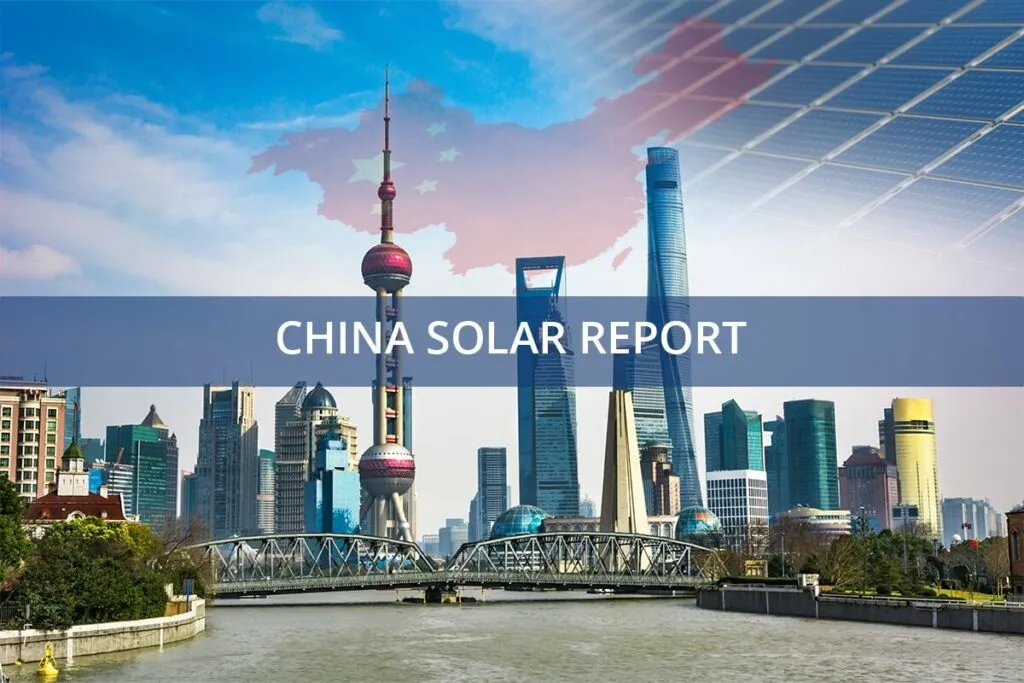China Solar Subsidies Increase Tenfold to US$137 Million
China’s Ministry of Finance (MOF) has increased its solar energy subsidies tenfold, from 100 million yuan to 1 billion yuan (US$137 million) for 2024. This substantial investment in solar energy will primarily support power generation in rural areas and clean energy product development in the country’s central and western regions. The move aims to promote sustainable development, reduce reliance on fossil fuels, and contribute to China’s broader carbon neutrality targets.
China Solar Subsidies in Rural Areas
Funding for solar power generation in rural areas has seen a tenfold increase, rising from 30 million yuan to 300 million yuan (US$41 million). The program incentivizes individuals and businesses to install solar panels, helping to generate clean energy and lessen dependence on fossil fuels. Expanding access to clean energy is crucial for these communities, which have historically faced limitations. This targeted investment is designed to bridge the energy gap and empower rural areas with sustainable power solutions.
China Solar Subsidies for Product Development in Central and Western Regions
The MOF has also significantly amplified its support for clean energy product development in China’s central and western regions, increasing funding from 70 million yuan to 700 million yuan (US$96 million). This funding is intended to stimulate research and development of cutting-edge solar technologies, particularly in regions that have lagged in technological advancement. Fostering innovation and supporting the solar industry’s growth in these areas should, in turn, create jobs, stimulate economic growth, and promote more balanced regional development. The investment also aligns with global trends in renewable energy innovation and could influence solar panel manufacturing in developing markets like Myanmar (Myanmar Solar Panel Manufacturing Report) or Venezuela (Venezuela Solar Panel Manufacturing Report).
Impact of China Solar Subsidies on the Solar Industry
The increased subsidies are poised to have a profound impact on China’s solar industry. With substantial financial support making solar energy more affordable, demand for solar products from individuals and businesses is expected to rise. This surge should fuel increased production and innovation within the solar sector, ultimately driving down technology costs and making solar technology accessible to a broader population.
Moreover, these subsidies will contribute significantly to the growth of China’s renewable energy sector—a key pillar of the country’s long-term economic development strategy. The investment will create jobs in manufacturing, installation, and maintenance, boosting the overall economy. Strategically, expanding the solar industry is also vital for reducing China’s reliance on imported fossil fuels, enhancing its energy security, and mitigating its vulnerability to fluctuations in global energy prices.
Challenges and Opportunities of China Solar Subsidies
While these subsidies mark a significant stride toward China’s renewable energy ambitions, several challenges remain. Ensuring the efficient and effective use of the funds is paramount. The government will need robust mechanisms to monitor and evaluate the programs to ensure that resources are allocated appropriately and the intended outcomes are achieved. Another key challenge is developing a skilled workforce to support the burgeoning solar industry. As demand for solar products rises, workers will need expertise in manufacturing, installation, and maintenance, making comprehensive training programs essential.
Despite these hurdles, the subsidies present substantial opportunities for China’s solar industry. This financial backing empowers companies to invest in research and development, potentially leading to breakthroughs in more efficient and cost-effective solar technologies. Furthermore, the industry’s expansion will create new business opportunities in production, installation, and maintenance, fostering a dynamic and competitive market.



